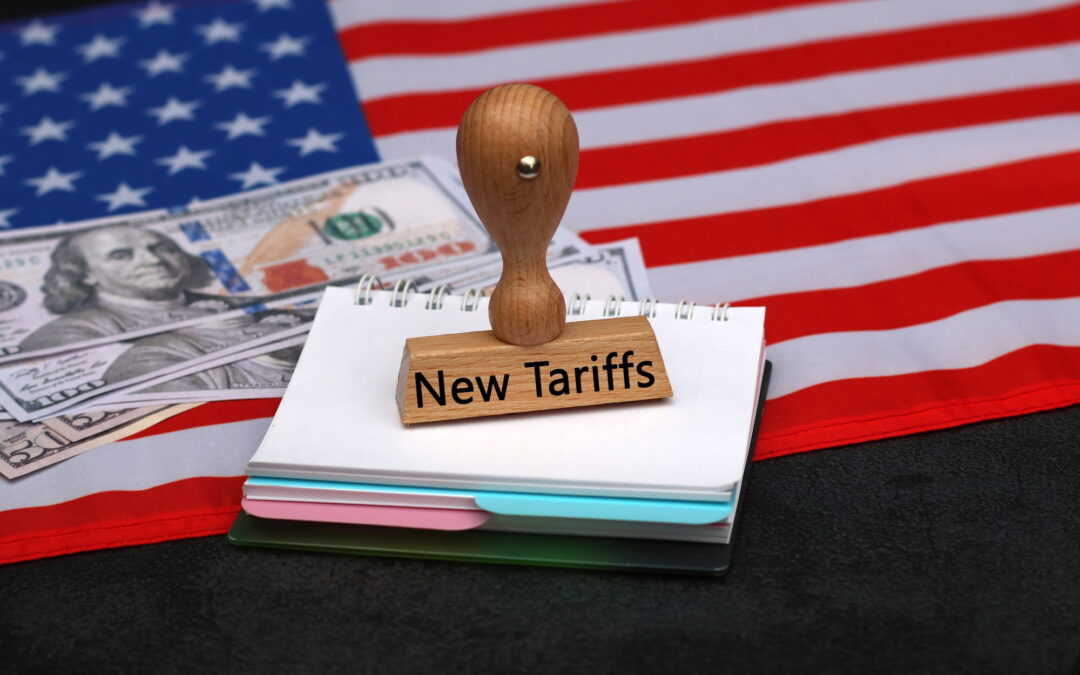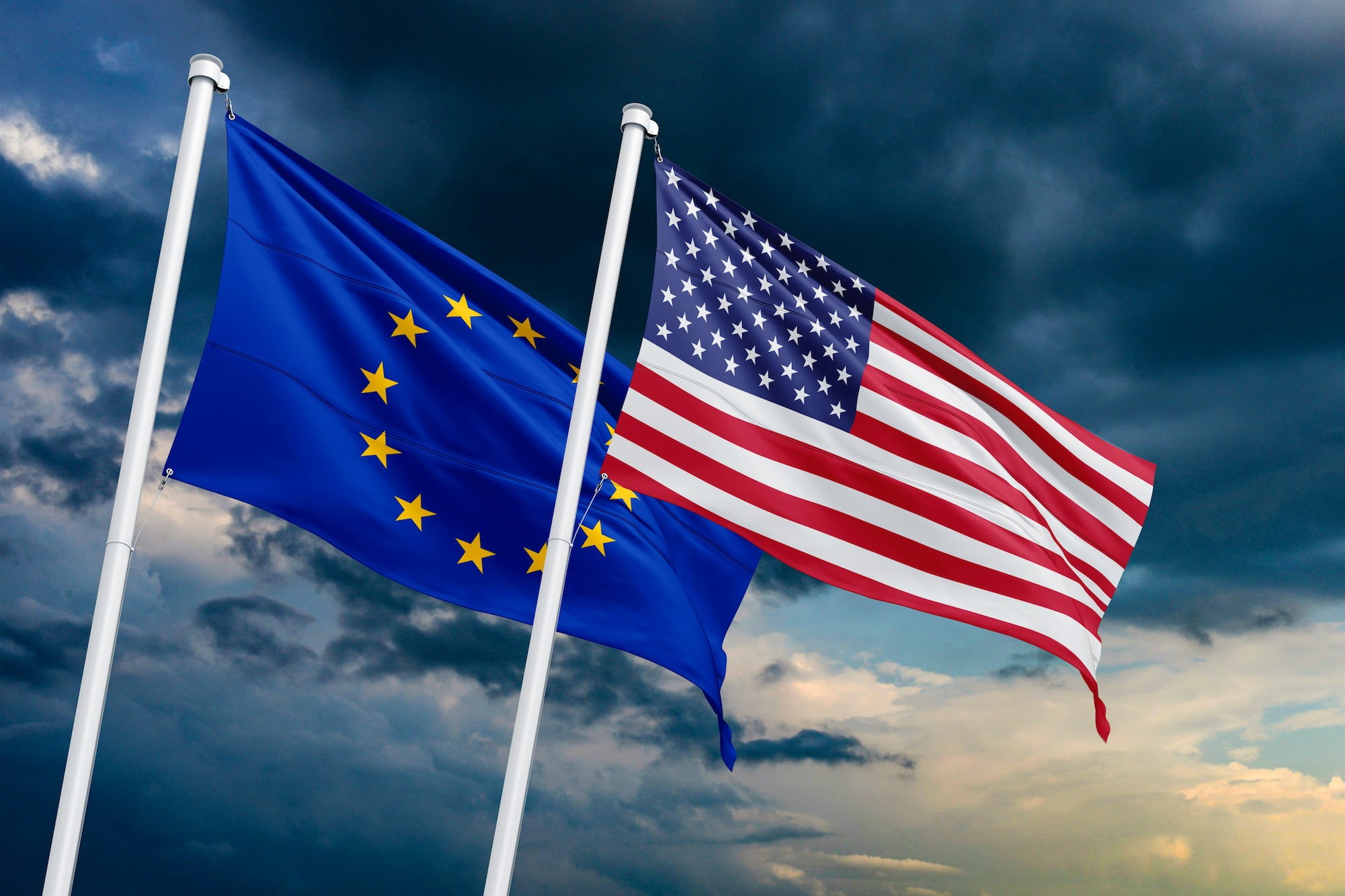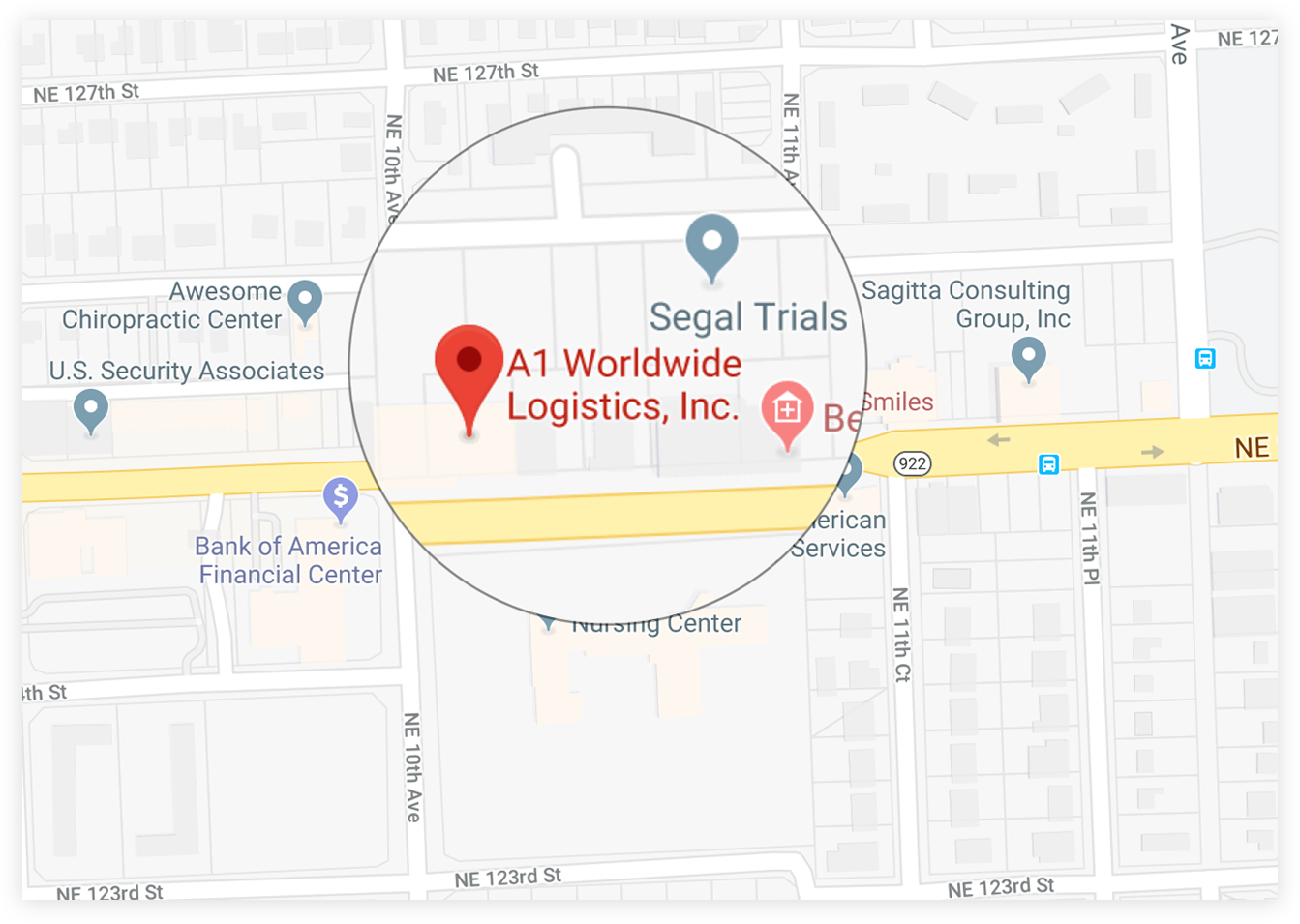Trump Is Delaying EU Tariffs
Share Article in Social Media
On May 26, the Trump Administration revealed that Trump is delaying EU tariffs until July 9. Initially, the implementation of a 50% tariff on EU (European Union) imports was set to start at the beginning of June. A phone call between Trump and European Commission President Ursula von der Leyen resulted in the new deadline. Previously, Trump planned to impose 20% levies on EU imports, but then he paused it for 90 days in April. The president then halved it to 10% while also threatening a 200% tariff on wine and other EU alcohol imports. These were scraped with Trump then announcing a 50% tariff on EU goods. With the tariffs still in place for July, this could have a significant impact on international shipping.
Why Is Trump Delaying EU Tariffs?
Trump is delaying tariffs on the EU after Ursula von der Leyen requested extra time for negotiations following a phone call. The time is to create a trade agreement that will prevent a significant escalation in transatlantic trade tensions. Trump initially proposed a 50% tariff on the EU due to longstanding grievances like unfair trade practices. In particular, he highlighted a trade deficit of $235.57 billion between the US and the EU in 2024. Trump recently stated, “They charge the U.S. tax, and we will charge them the exact tax and tariff.” The EU has been planning its countermeasure to the US’s duties, including targeting US imports worth approximately $107 billion.
Along with addressing unfair trade practices, Trump’s proposed 50% tariff is to combat the EU’s non-trade barriers. An example is the EU’s VAT (Value-Added Tax), which Trump believes is a disadvantage to US exporters. VAT is a consumption tax on goods and services in the EU. Trump notes that it is more punitive than a tariff and a non-tariff barrier. Other non-trade barriers include the EU’s stringent food safety regulations and subsidies for EU agricultural products. Another goal behind Trump’s imposing tariffs on the EU and other countries is to bring manufacturing back to the US. In turn, this will stimulate the economy by creating jobs and also stop the inflow of drugs to the US.
What Can The Tariffs Mean For Shipping?
The EU and the US are some of the largest trade partners globally in terms of volume. Due to the amount of imports and exports, a 50% tariff would have had a significant impact on international shipping. The postponement of the tariffs could lead to increased imports from the EU. If no agreement is in place by June 9, this may lead to higher importation costs. The costs would impact other parts of supply chains, including domestic shipping for picking up cargo from ports. Shippers may begin looking for countries outside the EU to bring in goods or bring production back to the US.
Importing cargo into the US during a time of tariff increases can be demanding for shippers. Although tariffs should not stop you from importing, the shipper should take the proper steps to protect their cargo. Failure to prepare correctly can result in monetary loss, delays, and loss of cargo. A great way to start is by contacting a customs brokerage, such as A1 Worldwide Logistics. Customs brokers coordinate the clearance of cargo entering the US. They do this by offering various solutions, such as providing documentation, calculating duties, filing entries, and more. Speak to our brokers at info@a1wwl.com or 305-425-9752 for assistance with the importation process.





 1035 NE 125th St Suite #320, North Miami, FL 33161.
1035 NE 125th St Suite #320, North Miami, FL 33161. a1worldwidelogistics.com
a1worldwidelogistics.com (305) 821-8995
(305) 821-8995 Hours: 8AM - 5PM
Hours: 8AM - 5PM